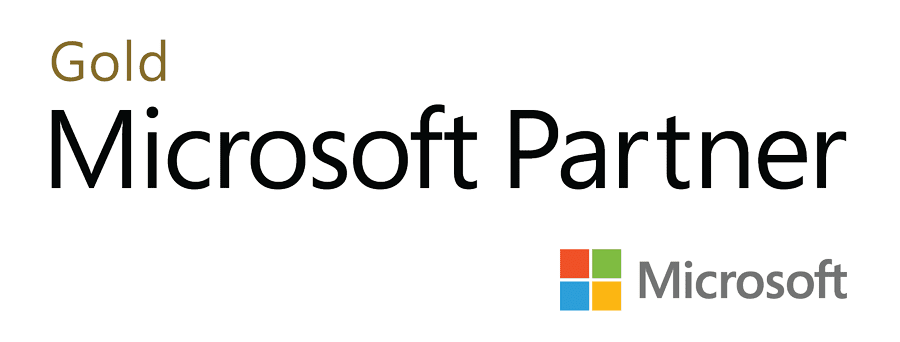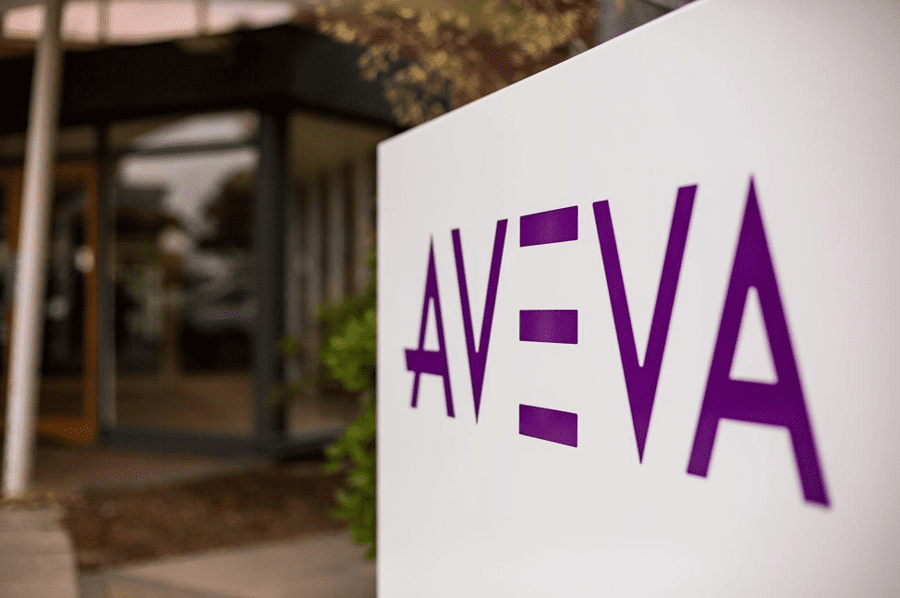Around the world, the oil industry is at a turning point. Lowered price forecasts and increasing regulatory pressures challenged market dynamics even before the coronavirus upended global business cycles. The pandemic has intensified these concerns with new and complex pressures. Unplanned outages at extraction sites, maintenance gaps resulting from supply chain disruptions, and the overnight pivot to remote operations have forced the industry to rethink its business approach. Indeed, after an unprecedented eight percent drop in 2020, the International Energy Agency (IEA) announced in December that global oil consumption will not return to pre-crisis levels until 2023, provided COVID-19 is brought under control.
The World Economic Forum estimates that digital transformation in oil and gas could generate approximately $1.6 trillion in value for the industry, its customers and wider society. Sectoral gains alone will account for $1 trillion in value. Naturally, digital transformation has become the primary priority for business leaders across the energy sector as organizations get accustomed to the new normal of remote and digital-led collaborations.
AVEVA has been leading the digitalization of the industrial world by delivering technologies that are fast becoming mainstream, such as artificial intelligence (AI), the Industrial Internet of Things (IIoT) and, perhaps most critically, cloud computing. We are also currently developing new AI/machine learning modules to help our energy sector partners make better design decisions. With this broad suite of solutions, AVEVA enables oil and gas companies to set the foundation for the new normal in several different ways.
Connectivity ensures workforces and operations continuity – Safety is always the top priority in oil and gas operations. In the coronavirus era, the biggest threat to workforce safety and operations continuity is proximity to co-workers. Connecting an agile but remote workforce to perform digitally enabled tasks such as remote maintenance, engineering and operations is vital to protecting teams’ safety and reducing outbreak risks while maintaining operations continuity. Enhanced cloud connectivity has shown demonstrable results in terms of reducing onsite operations teams, a long-term industry goal.
Cloud improves supply chain agility – Heightened volatility in product prices and demand threatens even the most current production planning on a daily basis, adding to existing constraints following the implementation of IMO 2020. Production choices toward plant optimization can take weeks or months to be finalized. Here, a robust supply chain management cloud platform and real-time crude management tools enable rapid modeling of refinery production planning, reducing business risks while improving collaboration between remote teams. Refiners can thus source the most profitable feedstocks from even volatile markets quickly, reducing decision time from two business days to two hours.
AI improves operations agility – Process optimization capabilities help operations respond to changes in feedstocks and product specifications on the one hand, and process performance and constraints on the other, using first principles simulation techniques to maximize profits. Real-time process and economic data can be leveraged to determine set points that guarantee maximum operating profit. Blending optimization systems and advanced process control ensures that all constraints and regulatory requirements are satisfied at minimum cost.
Predictive analytics enhance maintenance agility – Declining demand following the crisis has allowed companies to bring maintenance work turnarounds forward. The challenge here is to keep critical assets productive with changes in maintenance schedules and utilization in this period of heightened uncertainty. Predictive analytics enable hydrocarbon producers and refiners not only to remotely monitor asset health but also improve asset reliability via early warning notifications and diagnosis of equipment issues weeks or months before failure. This reduces equipment downtime, increases availability and improves performance while reducing operations and maintenance expenditure.
To thrive in the new normal and beyond, oil and gas players are already seeking to take transformative action and safeguard their assets for future generations.

The combination of Microsoft’s rich cloud platform and AVEVA’s deep industry expertise is helping empower energy companies with the agility to embrace digital transformation to stay competitive and resilient. AVEVA and Microsoft are bringing these powerful capabilities to the leading companies around the world – from RÖHM to Total and many others – to help them optimize operations, make better decisions, innovate faster and empower their people to do more valuable and impactful work.
Headline photo courtesy of AVEVA Software
Ravi is Chief Cloud and Product Officer of AVEVA. Previously, he was Executive Vice President of the Schneider Electric Software Business and responsible for all aspects of its global P&L, before the two businesses were merged.
Ravi joined Invensys in October 2009 as President of Asia Pacific responsible for the complete suite of portfolio and business for the region. He successfully grew and expanded the business and was appointed President, Software Business, Invensys, in 2011. For the next few years, he achieved double-digit growth for the business before it was acquired by Schneider Electric in 2014.
Prior to joining Invensys, from 2006 -2009, Ravi was the CEO and Managing Director of Geometric Limited, a specialist in PLM and Engineering Services listed on the Indian stock market. He started his career in 1994 at Tata Consultancy Services, Asia’s largest IT services company, and worked over 12 years in a number of roles starting in Corporate R&D and finally as the Vice President of the Engineering Services business as a member of the senior executive team.
Ravi has a Ph.D. in Chemical Engineering with a specialization in process control and optimization and a Masters in Chemical Engineering with a specialization in process modeling and simulation.







